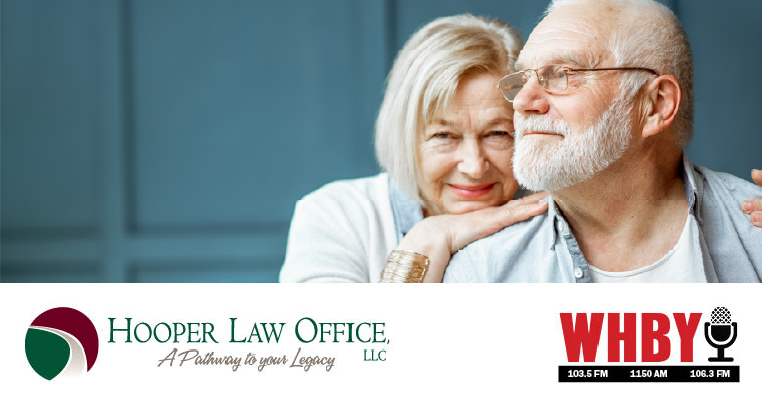What is the Veterans Pension Benefit?
In recognition of their service, older veterans or their surviving spouses may be eligible for a monthly pension, which can be used to offset medical expenses. This pension is a needs-based benefit for wartime veterans with limited or no income.
To qualify, the veteran must have served at least one day during a recognized period of war as part of a ninety-day active duty deployment. In addition, the applicant must be over 65 years of age or permanently and completely disabled.
There are household income and asset limits to qualify; however, with proper Estate Planning, many applicants are capable of receiving this benefit. The monthly pension allows the veteran to preserve money annually, which provides them with more long-term care options and helps to pay medical bills that might have otherwise depleted their life savings.
Under current law, the Veterans Administration (VA) recognizes the following wartime periods:
- Mexican Border Period (May 9, 1916 – April 5, 1917) for veterans who served in Mexico, on its borders, or adjacent waters)
- World War I (April 6, 1917 – November 11, 1918)
- World War II (December 7, 1941 – December 31, 1946)
- Korean conflict (June 27, 1950 – January 31, 1955)
- Vietnam era (February 28, 1961 – May 7, 1975) for veterans who served in the Republic of Vietnam during that period; otherwise August 5, 1964 – May 7, 1975)
- Gulf War (August 2, 1990 – through a future date to be set by law or Presidential Proclamation)
Aid & Attendance
Veterans and surviving spouses who are eligible for the VA pension and require the aid and attendance of another person, or are housebound, may be eligible for an increased benefit amount. This benefit is paid in addition and only in combination with the Base Pension.
Survivor’s Pension
The VA also provides a benefit for surviving spouses called the Survivor’s Pension benefit, which may also be referred to as a Death Pension.
This is a tax-free monetary benefit payable to a low-income, un-remarried, surviving spouse of a deceased veteran with wartime service.
In order to qualify as a surviving spouse, he or she must have been married to the deceased veteran for at least a year prior to his or her death. An ex-spouse will not qualify for this benefit. If the surviving spouse remarries, he or she would only be eligible if the new spouse was also a qualified veteran.
The 2024 Maximum Benefits
- Maximum Monthly Benefit for Surviving Spouse: $1,415 *
- Maximum Monthly Benefit for Single Veteran: $2,300 *
- Maximum Monthly Benefit for Married Veteran: $2,727*
- Maximum Monthly Benefit for Married Veteran Couple: $3,649*
*Note: these maximum benefit amounts may fluctuate and the actual benefit that is approved may be less.
Medicaid and VA Pension
Veteran Pensions differ from Medicaid in a variety of ways. The VA pension benefit is paid directly to the veteran or surviving spouse and can be used to pay for at-home care, an assisted living facility or other unreimbursed medical expenses; whereas Medicaid pays directly to the facility. Currently, if a veteran or surviving spouse needs to divest assets to qualify, the VA uses a three-year “look back” period, meaning he or she can realign assets three years prior to applying for benefits. Doing so, however, can significantly impact the ability for either the veteran or Surviving Spouse to qualify for Medicaid, even years later.
Veteran Pension claimants should always seek the counsel of an accredited attorney who understands both Medicaid and the VA pension benefit.
Each case is unique and carries its own set of challenges and therefore requires expertise, in both areas, to make the combination of Medicaid and the Veterans Pension successful.
The attorneys at Hooper Law Office are accredited by the Department of Veterans Affairs.
Learn more about Veterans Pension Planning




